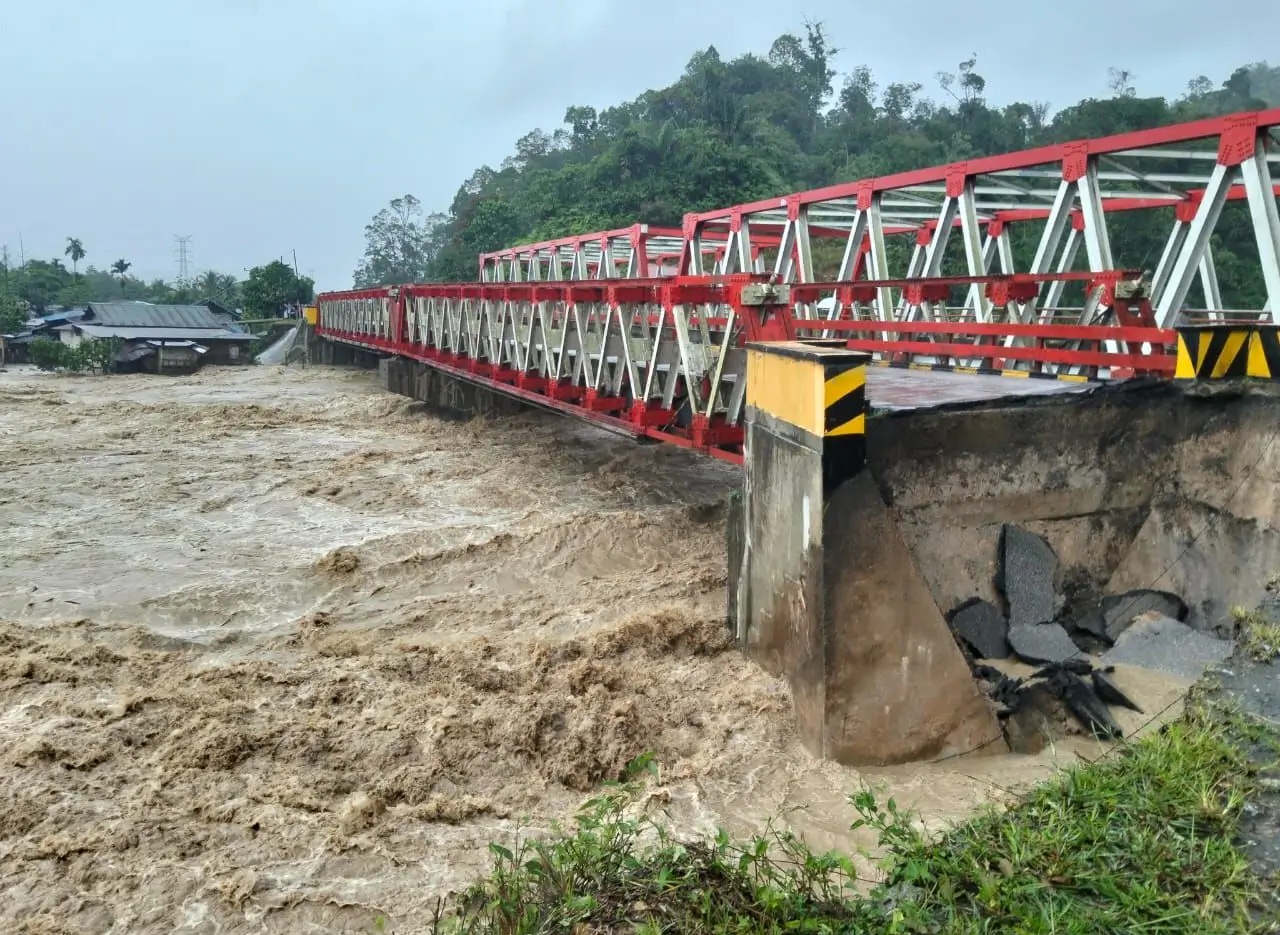
Mighty Earth Responds to Cargill’s Announcement of Revisions to Forests, Soy, and Human Rights Policies
In response to Cargill’s publication of its latest policies regarding soy, forests, and human rights, Mighty Earth CEO Glenn Hurowitz released the following statement:
“Cargill is moving in the right direction by extending their promise to end deforestation by 2020 to also protect other critical ecosystems like South America’s Cerrado, Gran Chaco, and Llanos. This announcement has the potential to be the starting point that leads to a major breakthrough for more sustainable meat, cocoa, and palm oil.
“Our field investigations have shown that despite multiple commitments to protect forests over the last decade, Cargill often lags behind their competitors in the implementation of those commitments. In 2014, Cargill joined other companies in a CEO-level commitment to end deforestation across its major supply chains by 2020. Since then, we and others have published repeated investigations documenting extensive deforestation in its soy supply chain in Bolivia, Brazil, Argentina, and Paraguay.
“Over the last three weeks, I’ve been happy to hold constructive discussions about these issues several times with Cargill CEO David MacLennan; his personal focus gives us hope that Cargill has the potential to turn a corner to address deforestation across its soy, cocoa, and palm oil supply chains. Cargill also needs to dramatically improve its performance to stop destroying native vegetation and allowing fertilizer and manure to pollute America’s waterways.
“To win the trust of customers, communities, and the public, Cargill needs to show right away that it will enforce this policy by ensuring that any supplier that engages in destruction of native ecosystems is not part of their supply chain. It also needs to spread its own decade-long success in working with other companies to eliminate deforestation for soy in the Brazilian Amazon to the other soy-growing ecosystems. This is the world’s most successful private sector environmental initiative, and there’s no reason to confine it to just the Brazilian Amazon while massive deforestation continues in other areas. Cargill must also implement agroforestry practices in their cocoa supply chain and ensure farmers receive decent wages so that they can provide the sustainable chocolate that the world’s consumers demand.
“We are hopeful that soon we will be able to praise Cargill not just for promises, but for action. We will be watching closely.”


